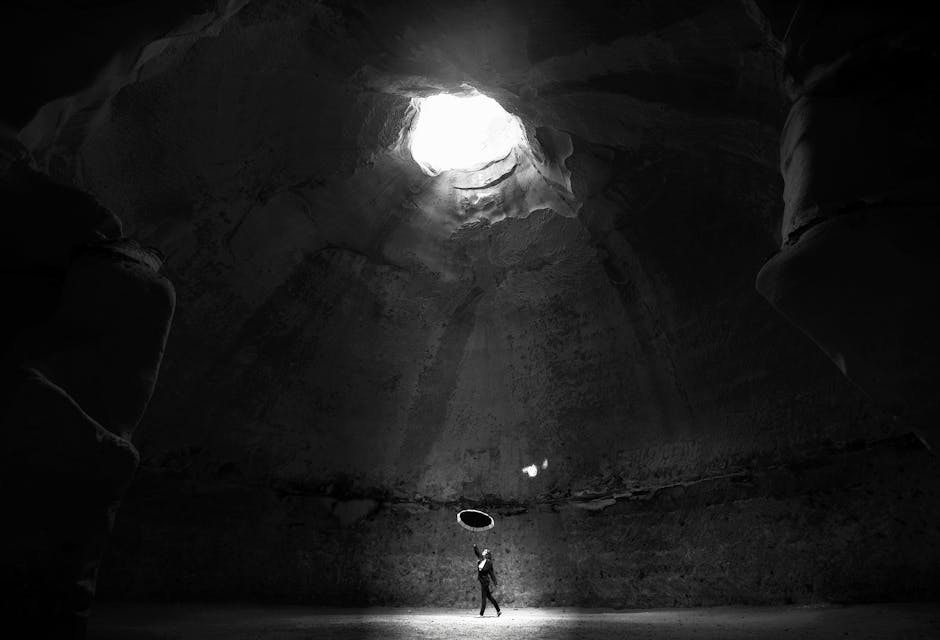The ongoing conflict in Gaza has not only intensified the humanitarian crisis but also exposed deep fissures within Israeli society and its international standing. As the war drags on, Israel finds itself more divided at home and increasingly isolated abroad, raising critical questions about its long-term stability and diplomatic relationships.
Internal Divisions: A Nation at Odds with Itself
At home, Israel is more polarized than ever. The war has exacerbated existing fault lines between political, religious, and ethnic groups. Prime Minister Benjamin Netanyahu’s government faces fierce criticism from opposition leaders, civil society, and even within its own coalition. Many Israelis question the government’s handling of the conflict, particularly the high civilian casualties in Gaza and the lack of a clear endgame.
Protests have erupted nationwide, with demonstrators demanding accountability and a reassessment of military strategies. Families of hostages held by Hamas accuse the government of prioritizing military objectives over their loved ones’ safe return. Meanwhile, the ultra-Orthodox community, historically exempt from military service, faces increased scrutiny, further fueling tensions.
The war has also deepened the divide between Jewish and Arab citizens of Israel. Arab Israelis, who make up about 20% of the population, have expressed outrage over the disproportionate impact on Palestinian civilians, leading to heightened mistrust and occasional clashes.
International Isolation: A Shifting Global Landscape
Globally, Israel’s actions in Gaza have drawn widespread condemnation, eroding its international standing. Traditional allies like the United States have expressed discomfort with the scale of the military operation and the humanitarian toll. While the U.S. continues to provide support, there are growing calls for a more balanced approach and pressure for a ceasefire.
The European Union has been even more critical, with several member states advocating for sanctions and accountability for alleged violations of international law. South Africa’s case at the International Court of Justice, accusing Israel of genocide, has further amplified scrutiny and added to its diplomatic challenges.
In the Global South, Israel’s isolation is even more pronounced. Many countries in Africa, Asia, and Latin America have condemned the war, with some severing or downgrading diplomatic ties. The Boycott, Divestment, and Sanctions (BDS) movement has gained momentum, impacting Israeli businesses and cultural exchanges worldwide.
The Humanitarian Crisis: A Moral and Strategic Dilemma
The staggering loss of life and destruction in Gaza have sparked international outrage and raised moral questions within Israel. While many support the military’s efforts to dismantle Hamas, there is growing unease about the humanitarian cost. Reports of famine, disease, and displacement have led some to question the sustainability and justice of the current strategy.
This internal moral reckoning is compounded by the realization that the war may not achieve its objectives. Despite the heavy bombardment, Hamas remains entrenched, and the prospect of lasting peace seems increasingly elusive. The lack of a viable post-war plan for Gaza has further fueled doubts about the government’s approach.
Looking Ahead: Challenges and Opportunities
As the conflict continues, Israel faces a critical juncture. The deepening divisions at home and growing isolation abroad pose significant challenges to its security and stability. To navigate this complex landscape, Israel must address internal grievances, reassess its military and diplomatic strategies, and engage constructively with the international community.
The crisis also presents an opportunity for introspection and renewal. By fostering dialogue, promoting reconciliation, and prioritizing humanitarian concerns, Israel can begin to heal its internal rifts and rebuild its global reputation. The road ahead is fraught with difficulties, but the stakes are too high to ignore the need for change.
The Gaza war has laid bare the fragility of Israel’s social and political cohesion, as well as its vulnerability on the world stage. How the nation responds to these challenges will shape its future and its place in the international order. For now, one thing is clear: Israel is more divided and isolated than ever, and the path forward will require courage, vision, and a commitment to peace.




